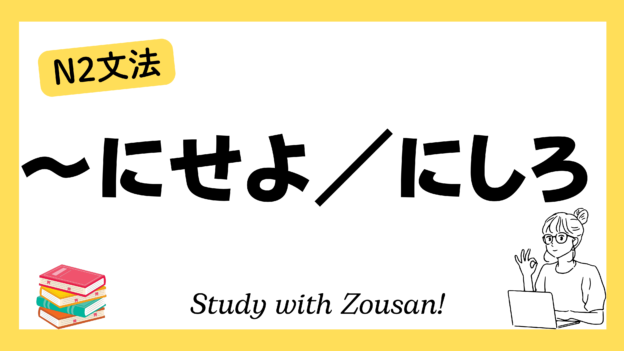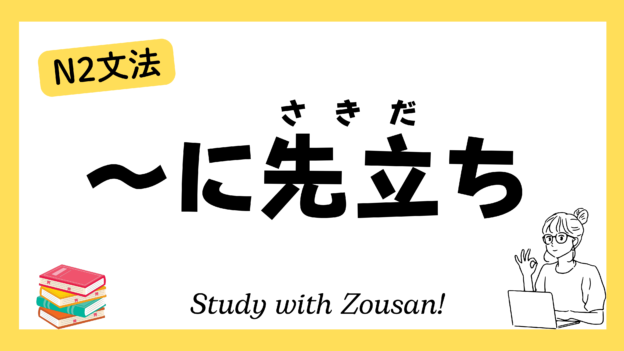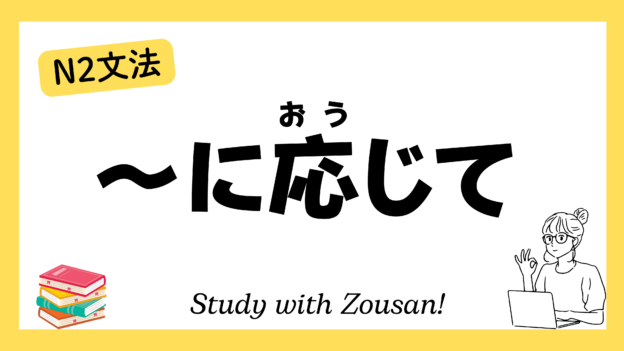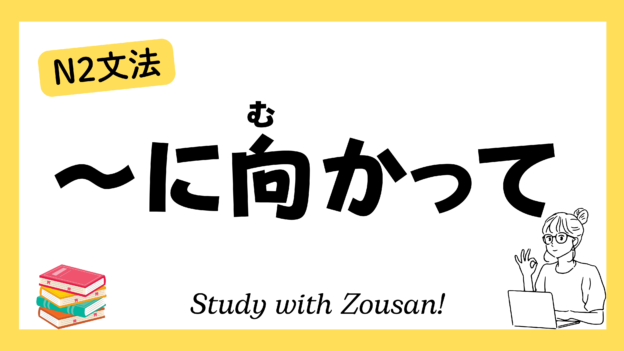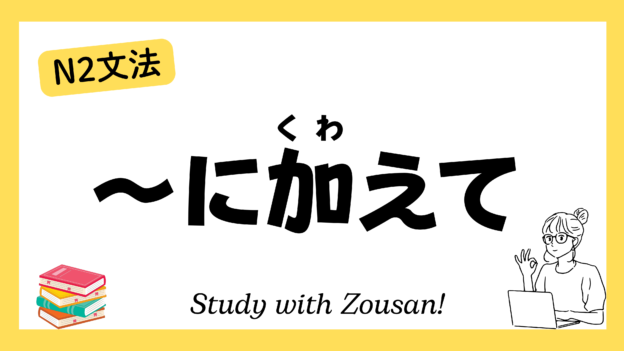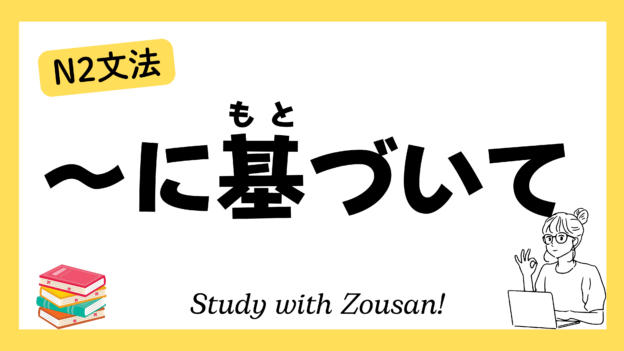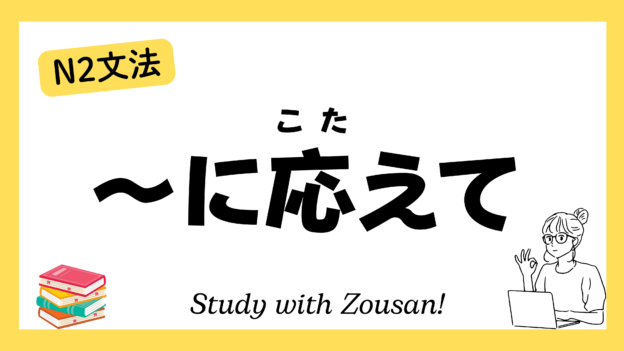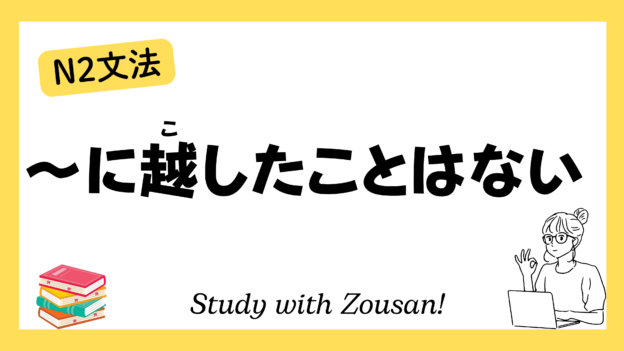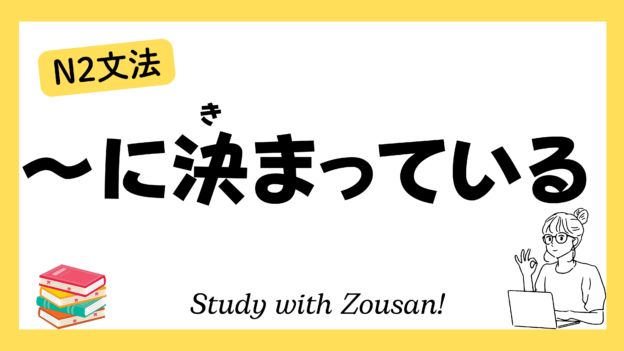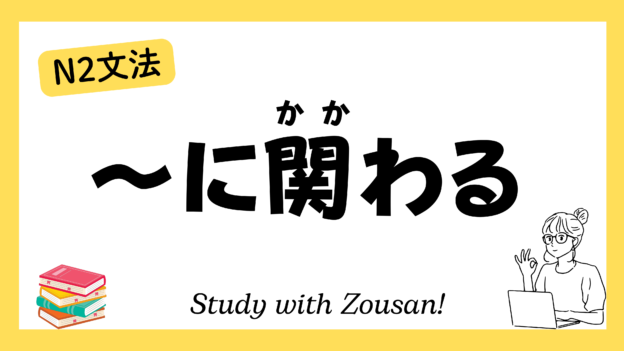Meaning: “Even if…” / “Whether…” / “No matter if…”
The structure ~にせよ/にしろ is used to express that, regardless of whether a situation occurs or not, the result or action will remain unchanged. It is often used to present two or more contrasting situations and emphasizes that, no matter which situation occurs, the action or perspective will be the same. Both forms can be used interchangeably without changing the meaning of the sentence.
※Note:
・~にせよ/にしろ is often used in formal or logical contexts to emphasize that the result is unaffected by any given condition.
・This structure is commonly paired with contrasting words to emphasize the consistency in action or perspective.
Structure:
| Verb (casual) | + にせよ + にしろ |
| Noun + (である) | |
| な-adjective + (である) | |
| い-adjective |
Example:
-
-
-
🌟 雨にせよ、雪にせよ、試合は行われます。
(あめ に せよ、ゆき に せよ、しあい は おこなわれます)
Whether it rains or snows, the match will be held. -
🌟 男にしろ、女にしろ、誰でも参加できます。
(おとこ に しろ、おんな に しろ、だれ でも さんか できます)
Whether male or female, anyone can participate. -
🌟 忙しいにせよ、暇にせよ、勉強は続けなければならない。
(いそがしい に せよ、ひま に せよ、べんきょう は つづけなければ ならない)
Whether busy or free, you must continue studying. -
🌟 高いにしろ、安いにしろ、この商品は買わない。
(たかい に しろ、やすい に しろ、この しょうひん は かわない)
Whether expensive or cheap, I won’t buy this product. -
🌟 行くにせよ、行かないにせよ、早く決めてください。
(いく に せよ、いかない に せよ、はやく きめて ください)
Whether you go or not, please decide quickly. -
🌟 好きにしろ、嫌いにしろ、やらなければならない仕事だ。
(すき に しろ、きらい に しろ、やらなければ ならない しごと だ)
Whether you like it or not, it’s work that must be done. -
🌟 勝つにせよ、負けるにせよ、一生懸命頑張るべきだ。
(かつ に せよ、まける に せよ、いっしょうけんめい がんばる べき だ)
Whether you win or lose, you should do your best. -
🌟 若いにしろ、年を取っているにしろ、健康は大切だ。
(わかい に しろ、とし を とっている に しろ、けんこう は たいせつ だ)
Whether young or old, health is important. -
🌟 行くにせよ、行かないにせよ、連絡してください。
(いく に せよ、いかない に せよ、れんらく して ください)
Whether you go or not, please let me know. -
🌟 宿題が多いにしろ、少ないにしろ、期限内に終わらせるべきだ。
(しゅくだい が おおい に しろ、すくない に しろ、きげん ない に おわらせる べき だ)
Whether there is a lot or a little homework, you should finish it on time.
-
-


